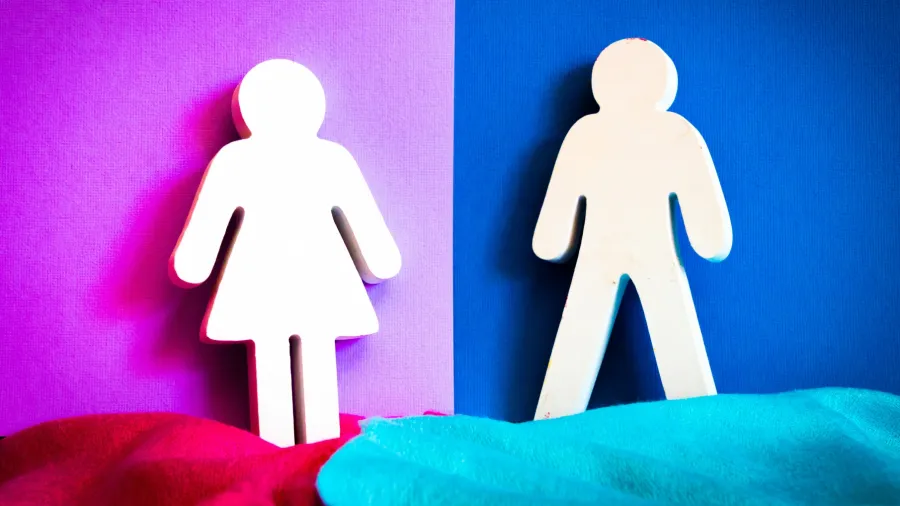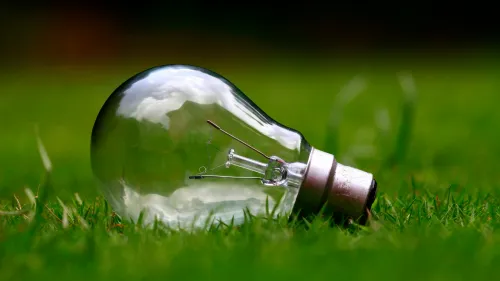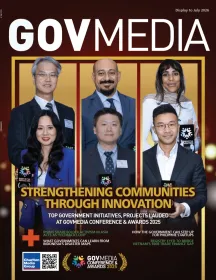
Gender gap inches forward, but progress remains slow
In Asia, only the Philippines and Singapore entered the top 50.
THE gender gap for 143 countries has improved to 68.6% from 68.5% in 2024, according to the World Economic Forum (WEF). However, the minuscule +0.1 percentage point increase also shows slow progress, which means current policies and efforts are not enough, delaying achieving equality amongst men and women by 2030.
Per region, Eastern Asia and the Pacific ranked fourth with an overall gender parity score of 69.2%, followed by Central Asia with a score of 69.1%. Southern Asia landed seventh, with a gender parity score of 63.7%.
Of the countries from these regions, only New Zealand entered the top 10, ranking fourth with a score of 83.5%. Australia followed far behind, landing 24th place with a 78% score. Meanwhile, the Philippines ranked the highest amongst Asian countries, taking the 25th spot with a score of 77.9%, followed by Singapore at 48th with a score of 74.4%
“In the Asia Pacific region, there are still cultural norms and stereotypes that limit women's participation in many other spaces, whether we are talking about the political space, economic space, and even in the spaces of the classroom,” sociologist Athena Charanne Presto told GovMedia.
She also said the huge economic disparity in the region has an impact on gender equality programmes. For instance, in archipelagic countries like the Philippines and Indonesia, it is a challenge to ensure that all of the interventions are equitably being implemented in all areas, she noted.
Diversity in the region
There are over 30 countries in the Asia Pacific (APAC) region, which also means over 30 different cultures that may affect the progress in addressing the issue.
Presto told GovMedia that this diversity presents challenges to achieving gender equality in the region.
The government structure is another factor that affects gender equality programmes. Presto said Indonesia as an example of a decentralised system.
“Especially if you’re resource-strapped as a country, you have limited resources which means you have to allocate strategically,” Presto said.
“Sometimes, because we have this cultural bias against women’s capabilities, we don’t give them interventions, which also fuels further economic suffering for these women,” she added.
The case of the Philippines
According to the WEF ranking, the Philippines landed 25th place, falling nine places from its 2023 ranking at No. 16, with its score falling to 77.9% from 79.1% a year ago.
Presto said one reason why the Philippines slid down is because of political representation of women in the country. Concluding that Manila ranks highly in this category is very misguided, said Presto.
“We have also seen that political representation in the Philippines has been eroding and that’s also a huge reason why the Philippines has slid down from the top,” she said.
Manila ranked 34th in terms of political empowerment, down from 30th last year, the WEF report said.
“We see that connected with actual political realities. We have political leaders proclaiming on national television that women are not capable to lead, etc.,” Presto said. “Women political critics have been targeted, not only in the Philippines, but also in many other countries, especially those with more authoritarian regimes in the Asia Pacific region.”
Presto said women’s health also remains an issue in the Philippines.
This is in line with WEF’s study, which ranked the Philippines 86th when it comes to health and survival.
“There have been improvements, but the fact is, feminised concerns, like reproductive health, maternal health, even the birth rate [are] still relatively ignored,” Presto said.
This problem is rampant in areas, such as Mindanao, wherein local health units do not have the needed facilities to provide medical care.
Meanwhile, the Philippines ranked first when it comes to educational attainment, and 20th in terms of economic participation and opportunity.
Presto noted that as people advance their educational attainment, there are more women in the spaces compared to men. However, the latter still dominates when it comes to the labour space, she noted.
“So clearly, educational gains do not translate to economic empowerment and to the workforce,” she added.
The same can be observed in China, where women are promoted to executive positions less often than men, Bain & Company said. Its data showed only 9% of Chinese CEOs were women in 2021, lower than the 19% average.
Women mostly take functional leadership positions (40%) such as those under human resource, legal, and government affairs, the report said.
When it comes to the whole region, the International Labour Organisation (ILO) also said that “women continue to be concentrated in low value-added sectors such as agriculture and the retail trade — where decent work deficits are among the highest.”
“Greater efforts are needed to address this inequality and reduce the barriers that are preventing women from accessing jobs with higher decent work returns while improving conditions in the sectors where women are working now,” said Chihoko Asada-Miyakawa, ILO assistant director-general and regional director for Asia and the Pacific.
Empowering women, other genders
According to WEF, macroeconomic and geopolitical conditions have an important role in achieving gender parity in any country.
“As shown by this year’s index results, the scale and speed of progress are deeply insufficient to achieve gender equality by 2030,” the report read.
Whilst there are efforts to close the gender gap, these are never enough, Presto said, emphasising the need to strengthen programmes such as skills development to achieve gender equality.
She also said governments should implement gender-equal policies and laws that protect not only women but also other genders. It is important that women, as well as queer, lesbian, gay, bisexual, and transgender (LGBT) communities are involved when creating such given that some cultural norms are hard to quantify and don’t resonate with very western international standards, she explained.
Another important task for authorities is to enhance economic opportunities by making sure that the gains in education translate well into the labour force and into other opportunities politically and economically speaking, the expert said.
Presto said if nothing will change, then the entire region will still lag the gender gap report, “especially because some countries in the Asia Pacific region have again elected politicians with authoritarian tendency, with hyper masculine personalities in general, which is very dangerous and a huge barrier to attaining gender equality.”
“I'm hopeful. But if nothing will change, of course, we do not expect a lot will change also in the global gender gap report,” she added.














